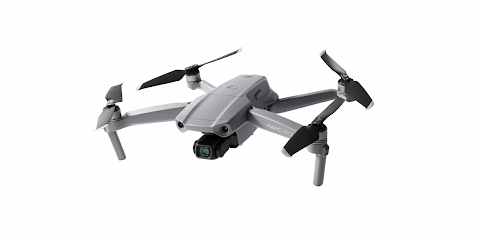Operating System Explain
An Operating System (OS) is an intermediary between users and computer hardware. It provides users an environment in which a user can execute programs conveniently and efficiently.
Definition:
"An operating system is a program that acts as an interface between the user and the computer hardware and controls the execution of all kinds of programs."
An operating system is a program/software that manages the computer hardware and provides user programs with simple interface to the hardware.
Operating System Services:
Operating system service can be described from two different point of view.
(1) User point of view, where primary goal is convenience to make programming task easier.
(2) System point of view, where secondary goal is efficiency to make efficient operations of the system.
✬ User Point of view services :-
(1) Program Execution:
☞ The main purpose of Operating System is to provide an efficient and convenient environment for the execution of the program.
☞ An Operating System must provide various functions for loading a program into main memory, execute it and after execution, terminate it.
(2) Input/Output operations:
☞ A running program needs Input/Output oprations for reading input data and for outputting the result.
☞ This Input/Output may be with a file or with a device.
(3) File System manipulation:
☞ Operating System provide file system manipulation functionalities like read, write, create and delete a file.
(4) Communicate:
☞ In multitasking environment more than one process is running simultaneously.
☞ Sometimes there is a need of exchanging information among processes, Such process may be on the same machine or on different machines, Operating System provide mechanisms for such interprocess communication.
(5) Error detection:
☞ Error may be in user programs, CPU and memory hardware or in Input/Output devices. Operating System detects such error and make user aware from them.
✬ System Point of view services :-
(1) Resource allocation:
☞ When multiple user are sharing the same machine or when multiple jobs are running simultaneously, there is a need of fair allocation of resource amoug them.
(2) Accounting:
☞ It is the process of keeping information about each user uses which resource and for what duration of time, such information can be used to bill the users in multi-users environment or to get usage statics to make future planing.
(3) Protection:
☞ Operating System ensure that all access to the system resource is controlled.
☞ Also Security form outsides is important, so ability to handle such type of parameters.
☆ Types of Operating System are given as below:
1. Batch Operating System
2. Multi-programming Operating System
3. Multi-user Operating System
4. Multi tasking/ Time-sharing Operating System
5. Network Operating System
6. Distributed Operating System
7. Multi threading Operating System
☆ Following are some of important functions of an operating System:
☞ Memory Management
☞ Processor Management
☞ File Management
☞ Device Management
☞ Control over system performance
☞ Security
☞ Job accounting
☞ Error detecting aids
☞ Coordination between other software and users





0 Comments